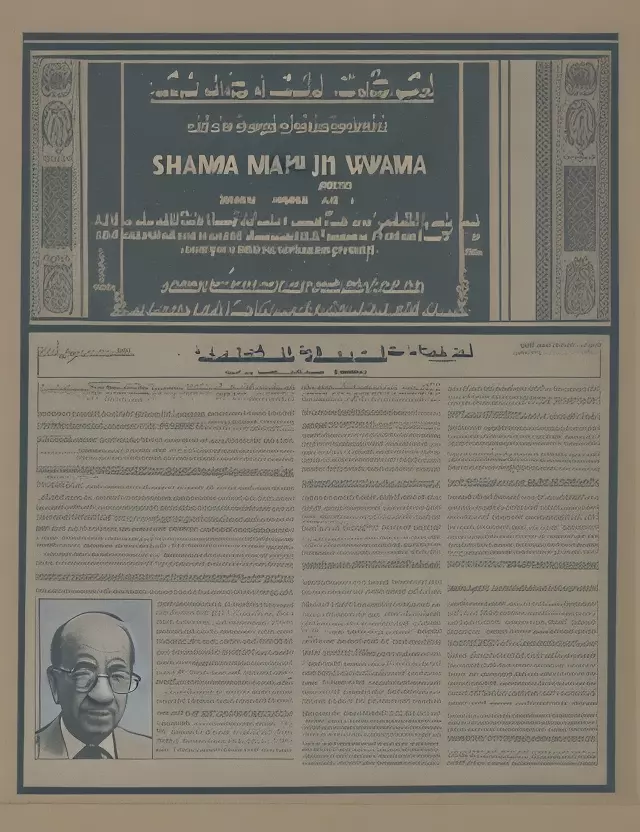The Camp David Accords: A Historic Peace Agreement
Signed by Anwar Sadat and Menachem Begin

The Camp David Accords: A Historic Peace Agreement
On March 26, 1979, a historic milestone in Middle Eastern diplomacy was reached with the signing of the Camp David Accords. Facilitated by U.S. President Jimmy Carter, this peace agreement between Egyptian President Anwar Sadat and Israeli Prime Minister Menachem Begin paved the way for a new era of relations between Egypt and Israel.
Aiming for Peace
The Camp David Accords represented a bold step towards reconciliation and stability in the volatile Middle East. Amidst decades of conflict and hostility, Sadat and Begin demonstrated courage and vision in their pursuit of peace, agreeing to negotiate a framework for peaceful coexistence.
The Accords
The Camp David Accords consisted of two main agreements: the Framework for Peace in the Middle East and the Framework for the Conclusion of a Peace Treaty between Egypt and Israel. These agreements outlined a process for resolving outstanding issues, including the status of the Sinai Peninsula and the establishment of diplomatic relations.
Impact and Legacy
The signing of the Camp David Accords marked a turning point in Middle Eastern history, setting the stage for the eventual signing of a formal peace treaty between Egypt and Israel later that year. The accords not only brought an end to decades of hostilities between the two nations but also paved the way for broader regional cooperation and diplomatic initiatives.
Continued Challenges
While the Camp David Accords represented a significant achievement, the path to lasting peace in the Middle East remains fraught with challenges. Nevertheless, the spirit of cooperation and dialogue embodied by Sadat and Begin at Camp David serves as a beacon of hope for future generations seeking to resolve conflicts through diplomacy and negotiation.



